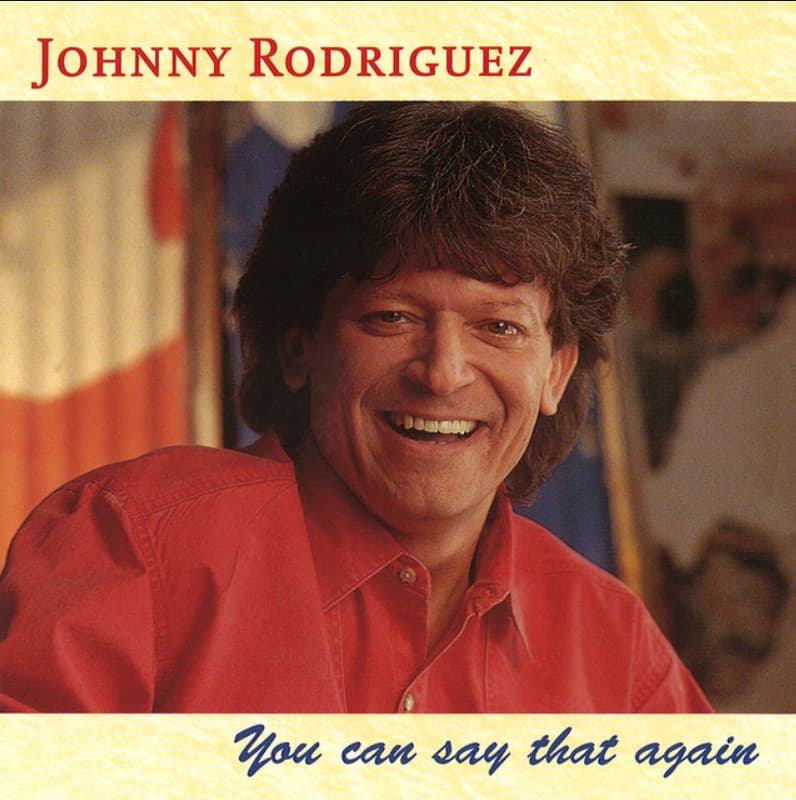
The Poignant Confession of a Man Who Should Have Let Go
A Tender Tale of Too Much Love and Lost Chances
There’s a gentle ache that settles in when the smooth, heartfelt baritone of Johnny Rodriguez begins to weave its magic, and nowhere is that feeling more palpable than in his poignant recording of “If I’d Left It Up To You.” This classic country lament is a confession, a sigh of resignation wrapped in a beautiful melody, and it speaks volumes to anyone who’s ever loved so deeply they smothered the very thing they cherished. The track appears on Rodriguez’s 1996 album, You Can Say That Again, a release that saw the seasoned star revisiting his lyrical finesse later in his career. Unlike his monumental early hits of the 1970s—like “Ridin’ My Thumb To Mexico” or “That’s The Way Love Goes”—this particular track was not a charting single for him upon the album’s release, yet its inclusion on the album underscores Rodriguez’s enduring connection to traditional, storytelling country music.
The song’s story is simple, yet devastatingly universal: a man, looking back with painful clarity, realizes he was the sole reason his relationship dragged on past its natural expiration date. The lyrics paint a picture of a lover constantly begged to stay, an emotional hostage kept by the narrator’s inability to let go. He acknowledges that she had repeatedly made plans to leave, but each time, he “always begged you back somehow.” The heart of the song—its meaning—is the realization that true love sometimes means setting the other person free, even when it tears you apart. The title itself is the final, heartbreaking punchline: “If I’d Left It Up To You,” the breakup would have happened sooner, saving them both an immeasurable amount of pain and false hope. The narrator understands his actions were selfish, rooted in his own need rather than her happiness.
Adding a layer of gravitas to Rodriguez’s rendition is the fact that this song was originally penned by one of Country music’s most revered architects, Merle Haggard. Haggard’s original compositions often explored the complex, raw emotions of the working-class heart, and this particular song, with its candid self-blame, fits perfectly into that canon. Rodriguez, a master interpreter of heartache, brings his own unique history and vulnerability to the performance. His voice, matured over decades of experience, carries the weight of those wasted years, transforming the simple regret into a profound, tear-in-your-beer moment of truth.
For listeners who came of age with Rodriguez in the 70s, this song—even as a later recording—rekindles the nostalgic flame of his best work. It reminds us of a time when country music was about honest lyrics and understated emotional depth, not just spectacle. It’s a moment of quiet reflection, urging us to consider our own past relationships, those moments we held on too tightly, and the bittersweet relief that eventually came with release. The instrumentation is classic and unhurried, letting Rodriguez’s vocal and Haggard’s timeless lyric do all the heavy lifting. It’s a reminder that sometimes the most powerful stories are the ones where we admit our own flaws, and that the greatest tragedy is often simply delaying the inevitable. This is a song not about being left, but about learning how to finally let go.